Search
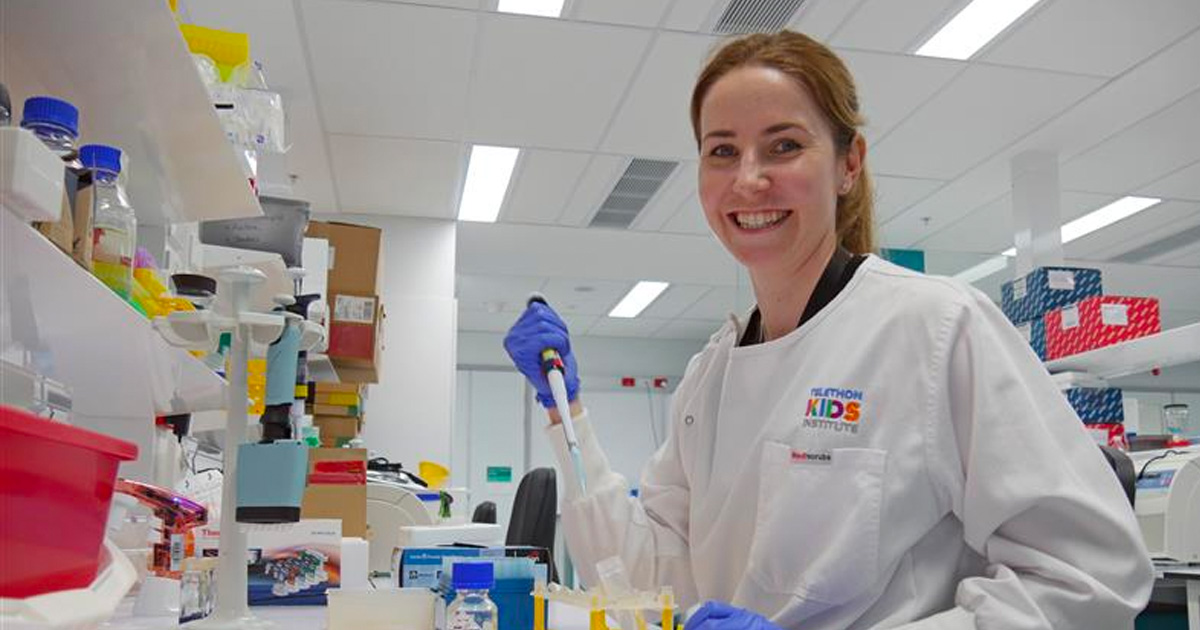
News & Events
New funding for innovative multiple sclerosis researchWA researchers hope to gain new insights into the way immune cells in the body trigger attacks of multiple sclerosis (MS), thanks to new funding from MS Australia.

News & Events
Parent of a year 7 student? NOW is the best time to talk to your child about drinking alcoholSenior Research Officer from The Kids Research Institute Australia’s Human Development and Community Wellbeing team, Robyn Johnston, says now is actually a good time to start talking to them about alcohol - before they transition to the teenage years.
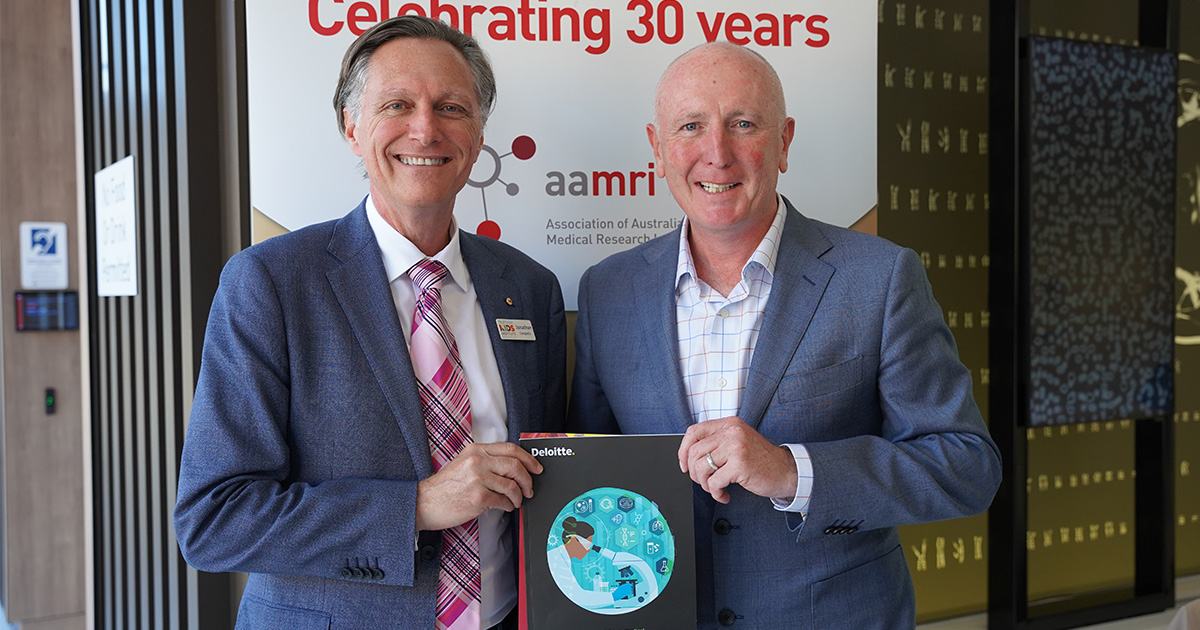
News & Events
Report confirms the economic value of medical research in WAThe Kids Research Institute Australia has welcomed a landmark report which reveals every dollar invested in WA’s medical research sector is more than doubled when it comes to return on investment to our economy.

News & Events
World-class mental health researcher to join The Kids Research Institute AustraliaThe Kids Research Institute Australia warmly welcomes youth mental health researcher Associate Professor Kathryn Modecki.

News & Events
Poor access to mental health services linked to suicide hotspots: studyCommunities with poor access to mental health services are eight times more likely to be youth suicide hotspots, according to new The Kids Research Institute Australia research.

News & Events
Renowned Autism Researcher named Western Australian of the YearAutism researcher Professor Andrew Whitehouse has been named this year’s Western Australian of the Year in the HBF Professions category.
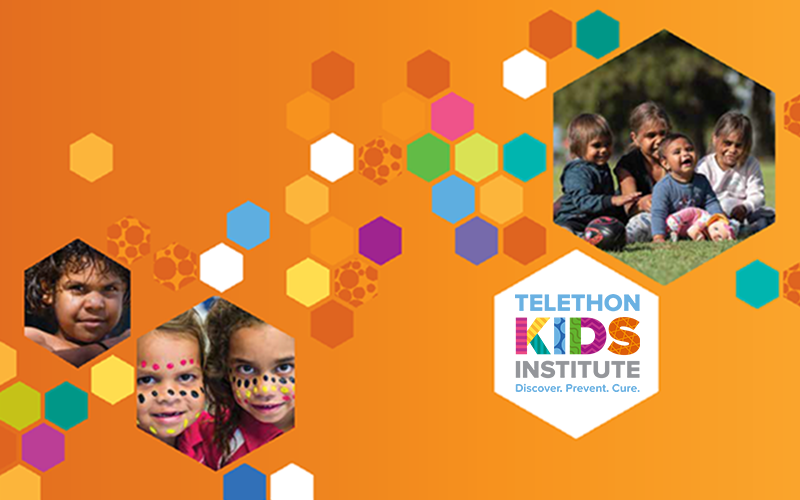
News & Events
The Kids Research Institute Australia says yes to "The Voice"The Kids Research Institute Australia gives its full support for a First Nations Voice to Parliament to be enshrined in Australia’s constitution.
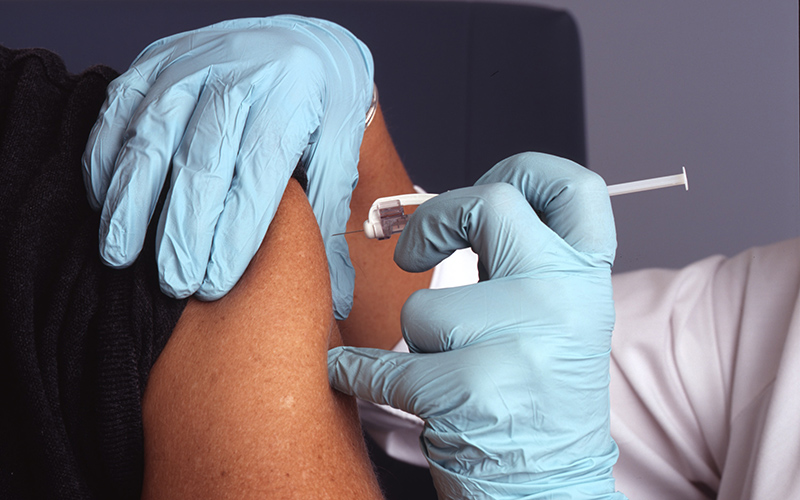
News & Events
BCG vaccine does not protect against COVID-19 in healthcare workersA world-leading international trial examining the immune boosting benefits of the tuberculosis vaccine, BCG, has found it does not protect healthcare workers against COVID-19.
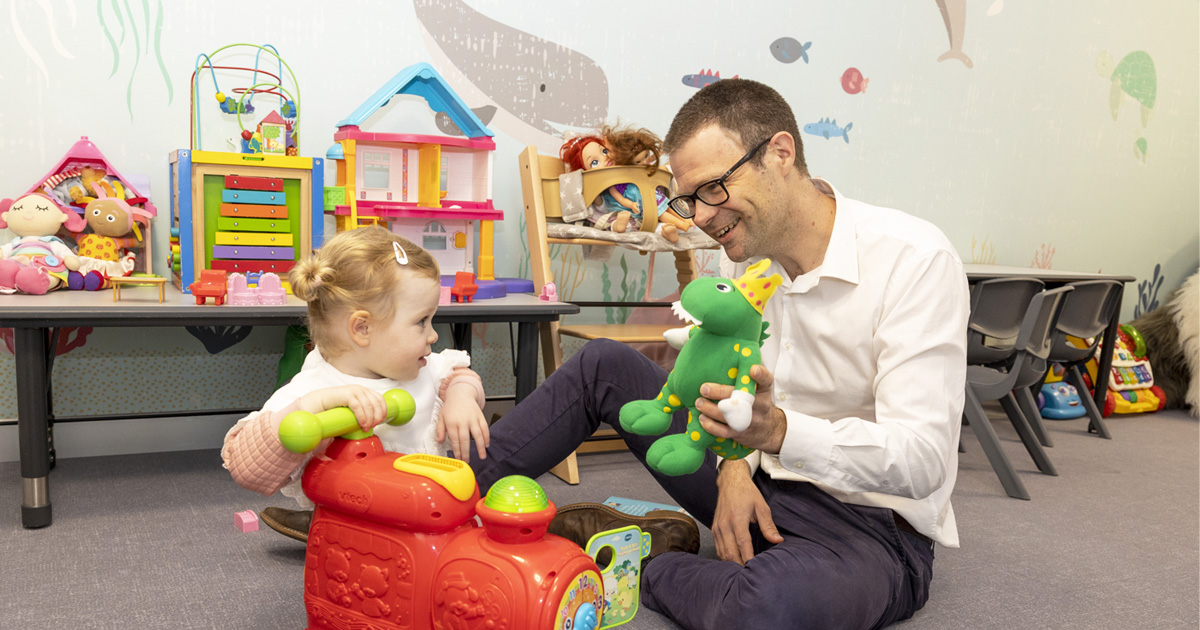
News & Events
The Kids welcomes Federal Government’s commitment to early supportThe Kids Research Institute Australia welcomes today’s Federal Government announcement of a new pilot program to support babies showing early social communication differences in Western Australia.
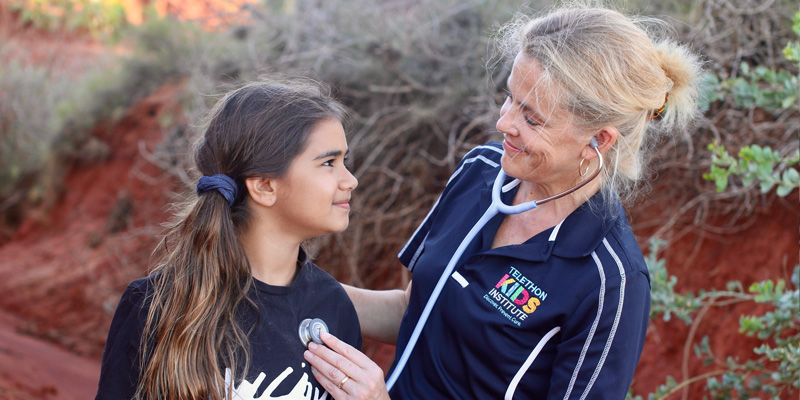
News & Events
Study finds high rates of chronic lung disease in remote-living Aboriginal childrenAlmost one in five children across four remote Kimberley communities has some form of chronic lung disease, according to a new study co-designed and conducted in partnership with Aboriginal communities.
